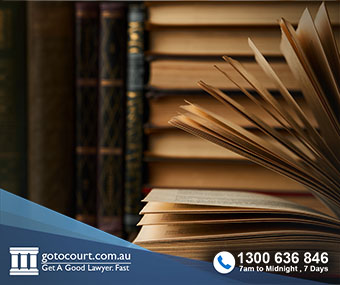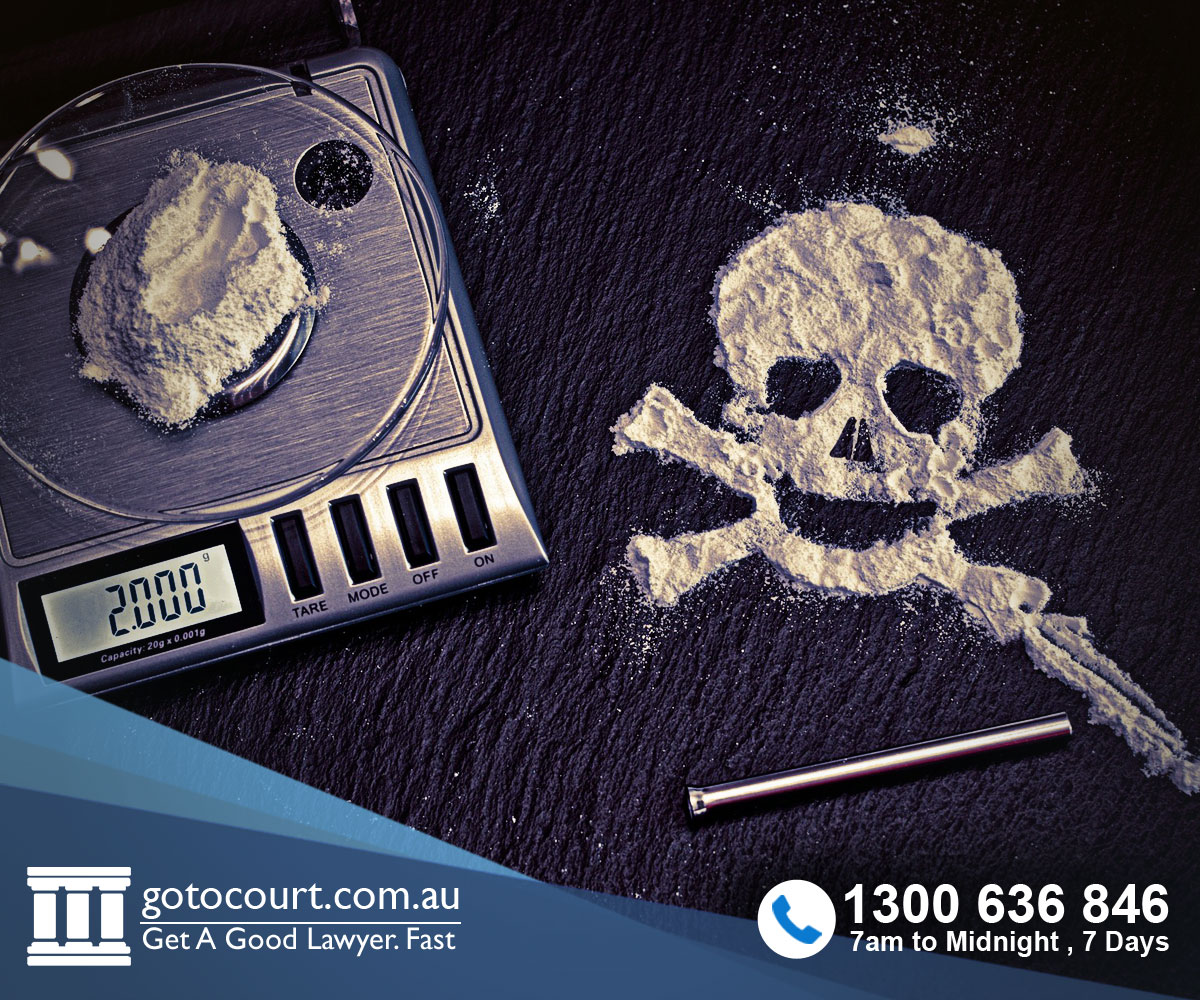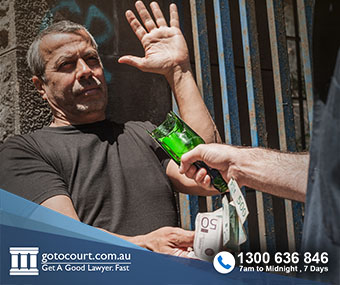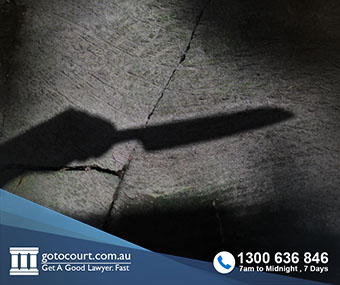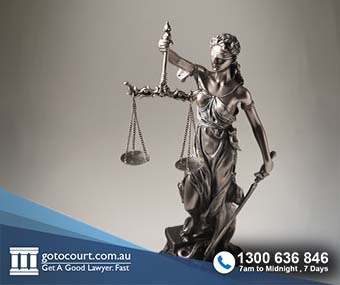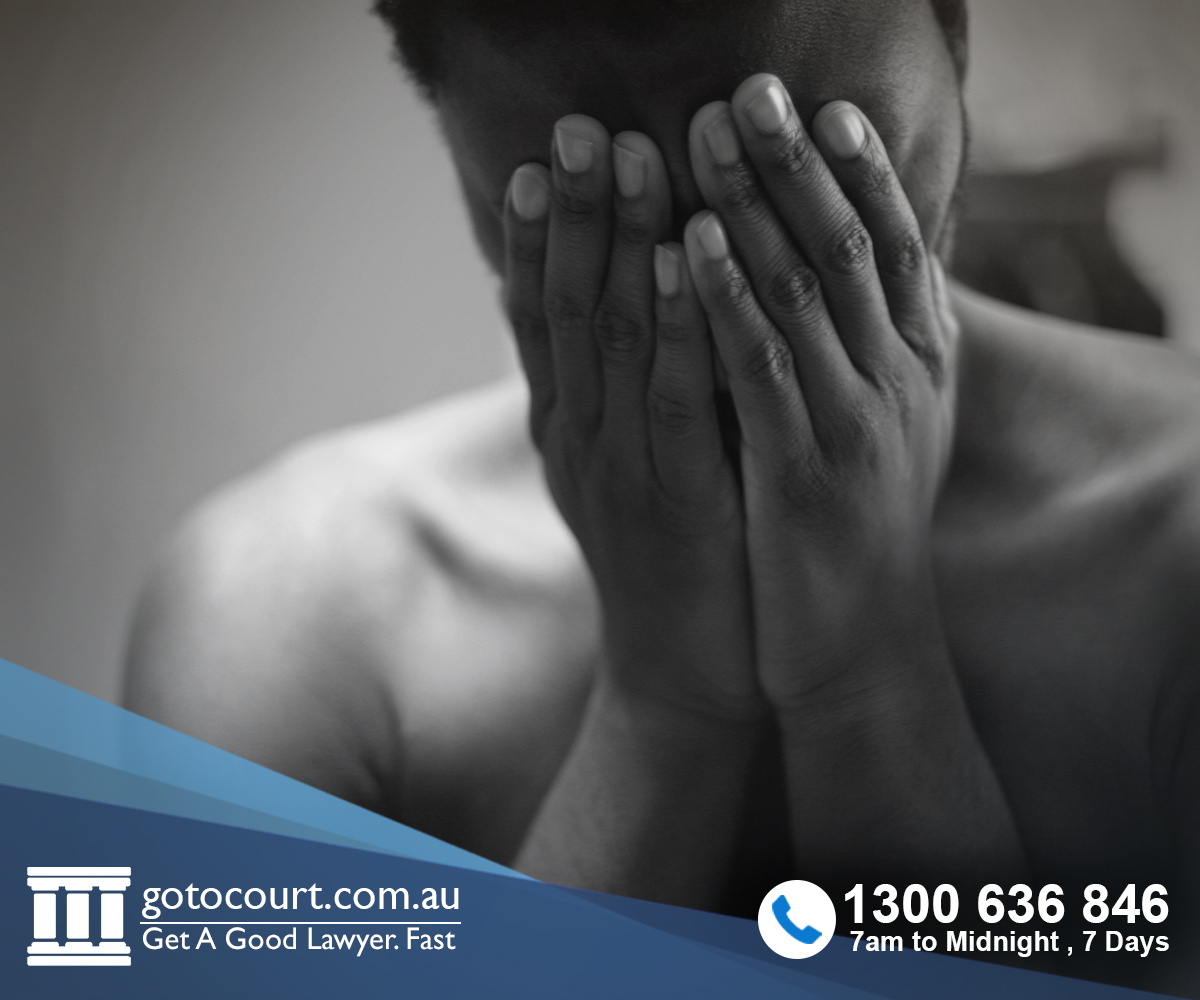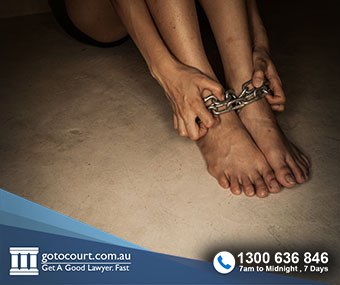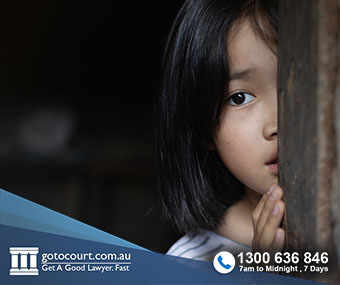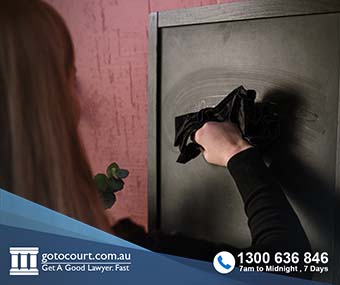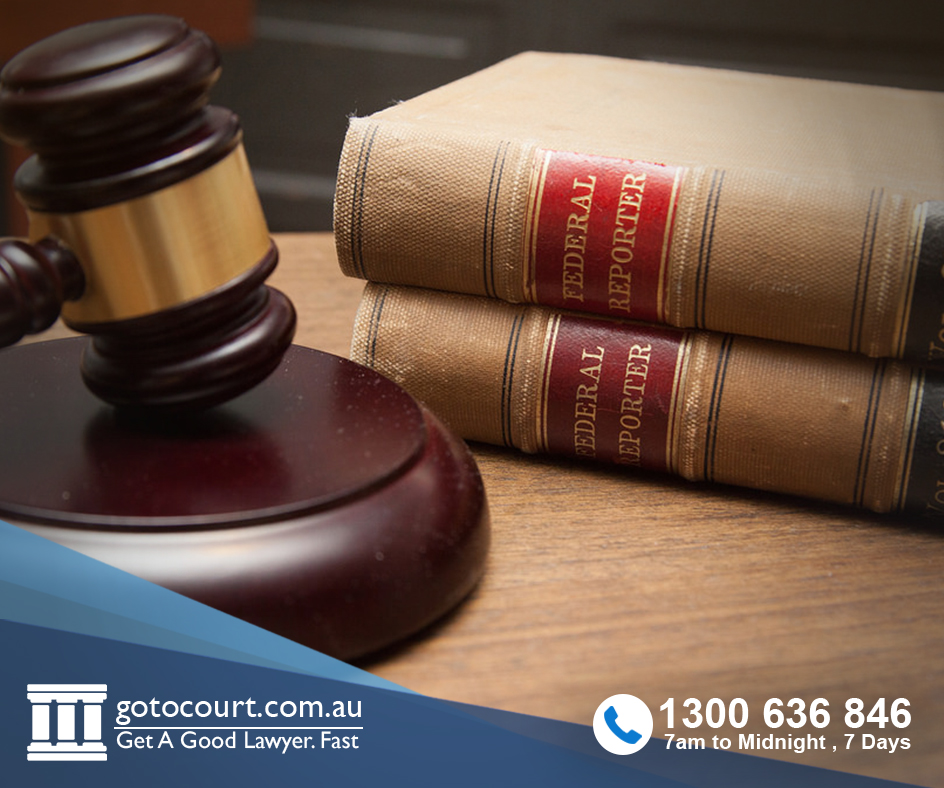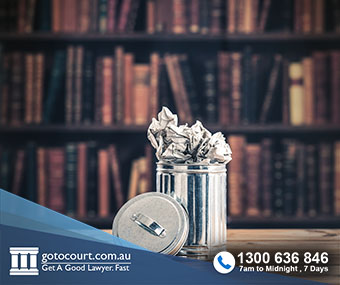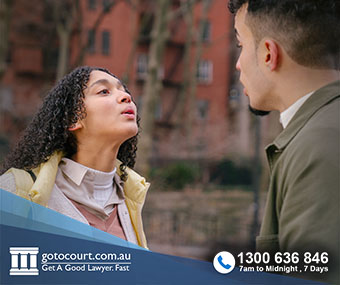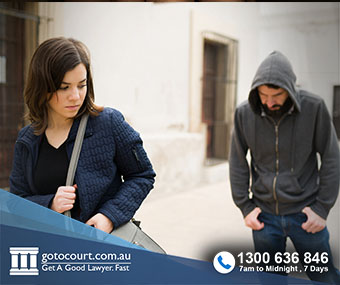Criminal Law Queensland
Criminal Lawyers Queensland
There are three separate arms that make up the criminal law justice system in Queensland. The first is the police, who investigate the crime, the second is the court system which determines guilt and imposes the penalty, and the third is the penal system, which governs community service, parole, and the custodial sentence.
If you have been charged with a criminal offence in Queensland, it will first be mentioned in the Magistrates Court. If it is a serious indictable offence, it may then be committed to the District Court or the Supreme Court for finalisation. There are also Drug Courts, within the Magistrate Court system, which allow for offenders to be placed on a court diversion program.
The Children’s Courts deal with criminal matters where the accused is under the age of 18. There are 131 Magistrates Courts, 32 District Courts, and 11 Supreme Courts throughout Queensland.
Restraining Orders (DVO)
- Applying for a Domestic Violence Order in Queensland
- Domestic Violence Order Breach in Queensland
- Domestic Violence Orders And Going Interstate
- DVOs And Children
- Leaving a Domestic Violence Relationship
- New Domestic Violence Legislation
- Protection Orders in Queensland
Criminal law sentencing
- Character References
- Circumstances of Aggravation in Queensland
- Community based Sentencing
- Drug Diversion Program in Queensland
- Good Behaviour Bonds in Queensland
- Imprisonment in Queensland
- Justice Mediation in Queensland
- Mental Health Court
- Parole in Queensland
- Spent Convictions in Queensland
- Suspended Sentences in Queensland
- Youth Detention
Pleas and penalties in Queensland
It is important to obtain legal advice if the police want to question you about a particular incident, or you have been charged with a criminal offence in Queensland. Knowing your rights and the best way to proceed will ultimately provide you with a better outcome. If it is your first time in court, the process can be daunting, and it is imperative that you know whether you should be pleading guilty, or not guilty, and the type of penalty that may be imposed.
If you have a clean criminal record you can keep it that way if you can convince the court that no conviction should be recorded. If no conviction is recorded, and you are asked by an employer, insurance company or overseas embassy if you have ever received a conviction you can then answer “no”. However, if you are asked if you have previously been charged with an offence you will need to answer “yes”. Sometimes, a finding of guilt without conviction will still need to be disclosed, especially if applying for a working with children card, as any no convictions will still be taken into consideration when your suitability is being assessed.
Criminal appeals in Queensland
The criminal appeal process in Queensland differs depending on which court you were convicted in. If you plead guilty in a Magistrates Court you can only appeal the severity of the penalty. If you plead not guilty and are convicted after a trial you can appeal both the conviction and the sentence. All appeals from the Magistrates Court are heard in the District Court. You have one calendar month to file the Notice of Appeal and state the grounds of the appeal, and how the Magistrate erred. If you were convicted in the District Court, or Supreme Court, you need to file the appeal, within one calendar month, in the Court of Appeal. Three judges sit in the Court of Appeal to determine your matter. You do need to carefully consider lodging any Appeal; as if you are unsuccessful you can have costs awarded against you, and your penalty increased.
Recommended Resources
Queensland Criminal Law Resources
Personal Searches in Queensland
Unlawful Stalking in Queensland
Criminal law legislation
Criminal law in Queensland is governed by the Criminal Code 1899, which was developed to encompass the many types of criminal offences. This act outlines the applicable penalties, whether the offence is an indictable or summary offence, and states the procedures and practices that must be followed. There is also specific legislation that deals with certain offences, such as the Drugs Misuse Act 1986, Weapons Act 1990, Bail Act 1980, Criminal Proceeds Confiscations Act 2002, and the Domestic and Family Violence Act 2012. Each of these acts outlines the procedures to be followed, the elements of the different types of offences, and the penalties that can be imposed by the courts. The Police Powers and Responsibilities Act 2000 gives the police the necessary power to investigate, and charge offenders. This Act is also designed to provide protection to the public by clearly identifying what the police can, and can’t do in the line of duty.
Qld criminal law legislation resources
Queensland criminal law FAQS
- What is Consent?
- What Happens After An Arrest?
- When Can Police Enter Premises?
- How Does a DVPO Affect My Weapons License?
- What is Domestic Violence?
- What is a Contested Hearing?
- What is a QP9?
Police searches
- Information Stored Electronically and Search Warrants
- Personal Searches in Queensland
- Police Search Warrants in Queensland
- Reporting Police Misconduct in Queensland
Criminal Court Processes QLD

